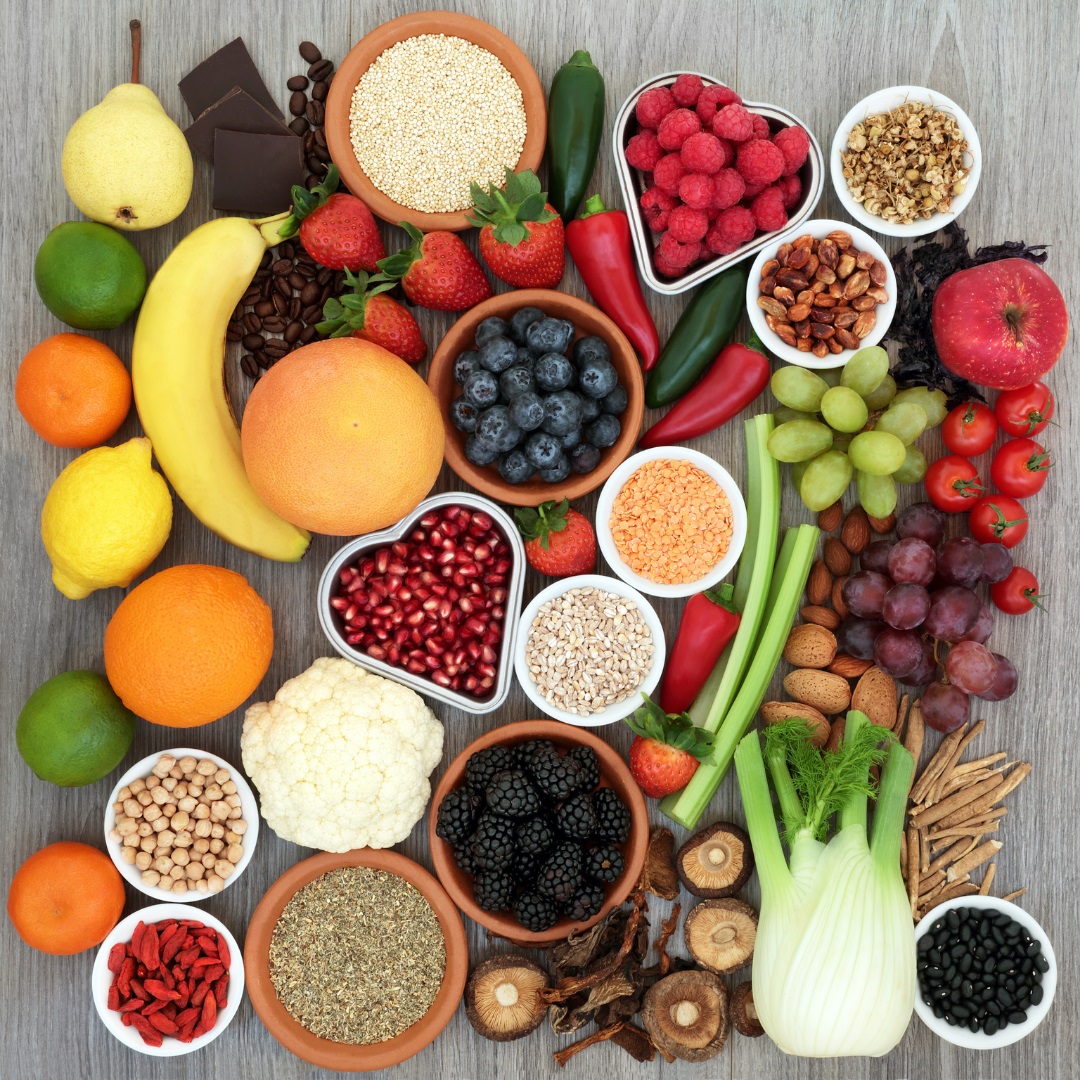 Millions of people follow weight loss shows on television and read books about dieting. But has anyone ever said that not eating enough can be dangerous?
Millions of people follow weight loss shows on television and read books about dieting. But has anyone ever said that not eating enough can be dangerous?
Because there is so much less attention paid to this topic, learning that eating too little can be just as bad for your health as overeating might be a bit of a shock.
Dieting responsibly or fasting intermittently can be done in a way that is safe for most adults.
On the other hand, ingesting insufficient calories consistently is a common contributor to chronic fatigue as well as other major difficulties.
Have you been getting enough to eat?
Learn more about the effects that not eating enough has on your health and the steps you may take to address this issue.
Understanding Undereating:
1. Become Familiar With The Symptoms
It’s not hard to recognize some of the symptoms of undereating.
You may experience exhaustion, and your skin may take on a lifeless appearance.
In addition to this, you might also experience constipation and hair loss.
2. Take Care of Your Physical Self
There are additional symptoms, some of which are not as obvious.
 When there is an inadequate supply of fuel in the body, muscle, and organ tissue will begin to be broken down.
When there is an inadequate supply of fuel in the body, muscle, and organ tissue will begin to be broken down.
Because of the decline in the strength of your immune system, you are at an increased risk of becoming unwell.
In addition, you run the risk of developing osteoporosis and anemia.
3. Diet Safely
When attempting to lose weight, eating too little and exercising too much can have the opposite effect and slow down your metabolism, making it more difficult to lose weight.
To prevent malnutrition, the National Institutes of Health suggests that women consume a minimum of 1,200 calories daily, while males should consume at least 1,500.
4. Find a Way to Deal with Stress
It’s possible that upsetting life circumstances, like being fired from work or going through a divorce, have caused you to lose your appetite.
Regain your strength by engaging in supporting activities with friends and family and exploring new hobbies and interests.
5. See Your Doctor
A significant weight loss could also indicate another health problem, such as depression or an eating disorder.
Your physician can help you determine other potential causes and make any necessary adjustments to your meds.
6. Ask a Dietitian
You can get a referral to a registered dietician from your primary care physician or look for one on their association websites for where you live.
They are professionals in food and nutrition, and they can assist you in developing an individualized plan that meets your needs.
Overcoming a Lack of Appetite:
1. Show Your Body Some Love
Are you reducing the amount of food you consume because you want to emulate the appearance of the celebrities you see online?
Learn to accept your body for what it is and make the most of your positive physical traits, such as a long neck or powerful shoulders.
2. Consume Fewer But More Frequent Smaller Meals
Try preparing additional meals each day if increasing your food intake is difficult for you.
Divide a heartier breakfast and lunch into two meals, each of your own.
3. Snack More
Bring refreshments, such as smoothies, yogurt, and almonds, to make things more convenient where ever you go.
4. Make an Effort to Eat More Whole Foods.
The quantity and the quality of the food you consume are important considerations.
It is important to refrain from stuffing yourself with junk food, as this can lead to inflammation as well as other health problems.
Maintain a diet consisting of nutritious foods such as fish, veggies, and whole grains.
5. Consume a Higher Protein Intake
Consuming foods that are high in protein is very beneficial because it helps provide energy and strengthens your muscles and bones.
Include some form of protein in your meals and snacks to improve your body’s ability to digest the food you eat.
6. Opt for Fats that are Good for You
Adding additional fat to your diet is an easy way to increase the calories you take from the same amount of food.
Add a touch of extra olive oil to the hummus and the potatoes that have been roasted.
Make the switch to dairy products with full fat. Eat a plate of salmon or other fatty fish first thing in the morning.
7. Take Vitamins
It’s common for people to develop nutritional deficiencies when they don’t eat enough, so you might need to take supplements, at least temporarily.
Always follow your physician’s advice, which may include taking calcium, iron, and certain vitamins.
Consuming Food To Promote Both Health And Vitality!
Achieving and sustaining a healthy weight reduces the likelihood of developing serious health conditions and improves one’s chances of living a long and productive life.
Have a conversation with your primary care provider about the best way to create an eating plan.
You will want a plan to prevent you from putting on too much or losing too much weight.
Your diet should allow you to feel energized and well-nourished.
Follow these tips if you feel you are not eating enough!







